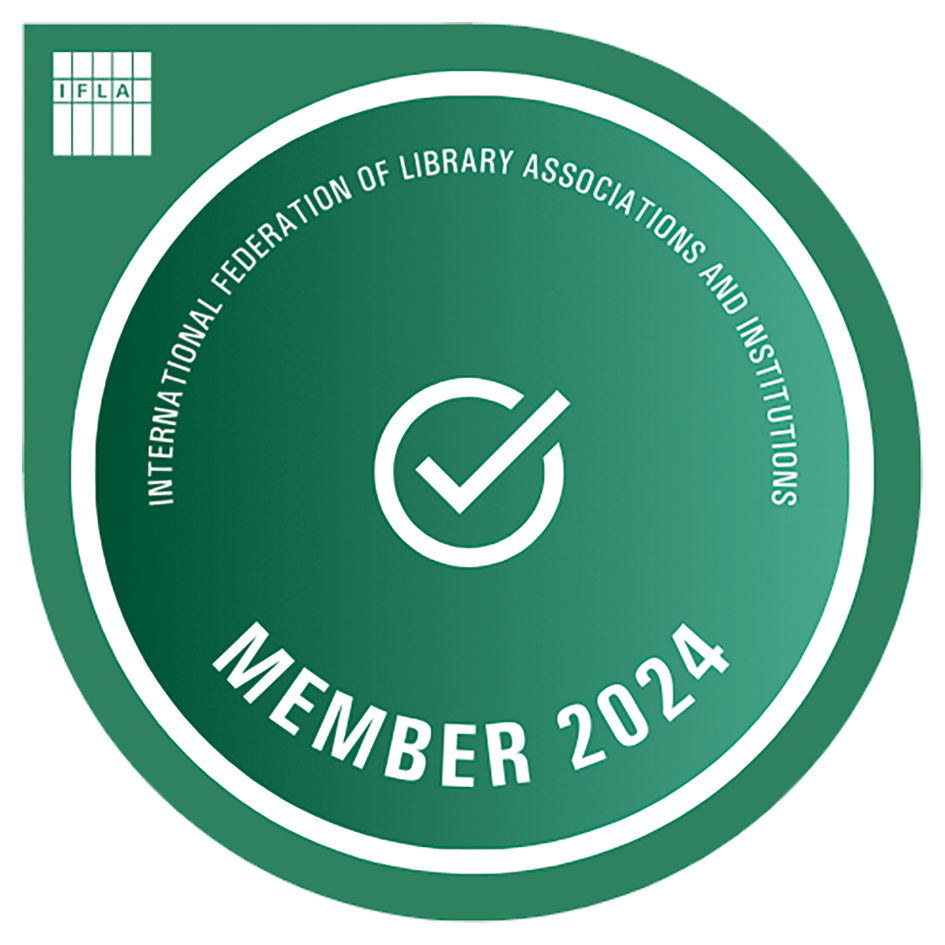Visitors
- 2009-05-21
On February 5, 2009, the NCL received a letter from Mr. Naohiko Fukada, formerly the president of Osaka University of Arts and currently professor emeritus at Doshisha Women's College of Liberal Arts in Japan. In his letter, Mr. Fukada informed that there are many Chinese classical works of literature in Japan and also many such works in his possession, however he was unable to locate original texts of the Spring and Autumn Annals, Book of Odes and Dhammapada. Many years ago, Mr. Fukada presented a well-received lecture at the "International Asia-Pacific Innovative Art and Design Symposium" at the National Taiwan Normal University. During his stay, he was deeply moved by the academic enthusiasm, beauty and customs of Taiwan. He also purchased copies of the Four Books, Journey to the West and Tending the Roots of Wisdom and was highly impressed by the high quality of printing and paper in Taiwan's publishing industry. He was thus inspired to write a letter to NCL Director-general Karl Min Ku to request advice on purchasing books. A devoted researcher, Mr. Fukada, now 85, has retired from academia yet he continues to read tirelessly. He enjoys the elegant and beautiful verse of the Chinese classics, yet was troubled by the difficulty in obtaining such works. From the letter, Director-general Ku could sense Mr. Fukada's passion for learning and love for classical Chinese culture. He therefore promptly selected appropriate editions of the volumes and sent them to Mr. Fukada with the wish of building bridges of friendship through books and gaining a new international friend in academia. On February 24, Director-general Ku received a second letter from Mr. Fukada thanking the director-general for his kind gift. He wrote: "Director-general Ku, I deeply treasure the classics that you sent. In fact, I have three volumes of the Japanese version of the Dhammapada, but I did not have the commentary, annotated or original language versions, making it impossible to enjoy the sound and rhyme of the original text. I am truly and deeply moved to receive the folded-page classics that you sent. The Japanese method of reading Chinese anthologies is to first read the kanji and then the pronunciation, so that after reflecting on the meaning the simple and succinct sounds can turn into music. As a boy, I heard of the 呪文Thus Have I Heard. But it was only after reading the Aparimitayur Sutra and Amitabha Sutra that I could truly appreciate "Thus Have I Heard," and the preciousness of Chinese culture. China has made many inventions, such as paper, gunpowder, the compass and woodblock printing. Long live Chinese culture!" In the letter, Mr. Fukada also shared his thoughts on education. He wrote: "As I see it, education is not the passing on of knowledge. Knowledge is the writing and past events of others. The purpose of education is to appreciate the delight of knowledge. Ignorance is the prelude to knowledge. It is only people who know who come across things they don't know. Education is invention and cultivates inventive people. Knowledge is a static state and ignorance the state of motion. From there come knowledge and ignorance is dispelled. People with things to do and things they love are what make our society alive. I have been moved by many books. Possessing knowledge is not the same as having the ability to think. I am moved by this philosophy of life." Mr. Fukada closed his letter with words of strong approval for Taiwan, writing: "Taiwan is indeed a great state!" (Chinese text by Ms. Lin An-chi, NCL Circulation Division)
- Resources
- NEWS & Events
- ABOUT NCL
- International Cooperation and Exchange
- Services






